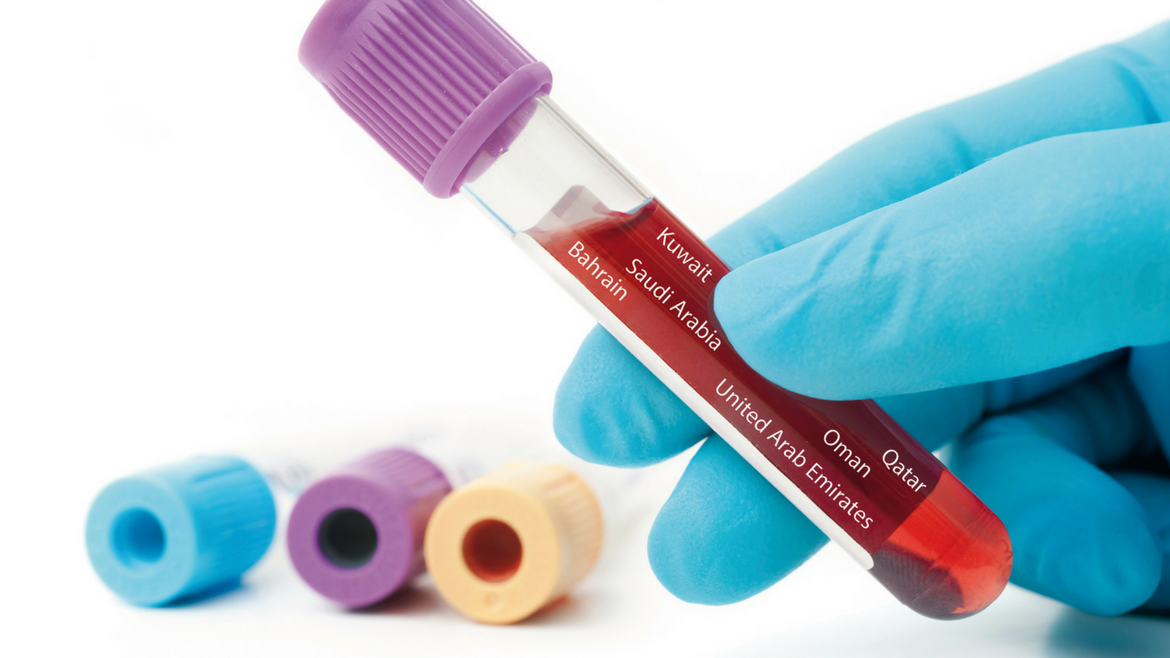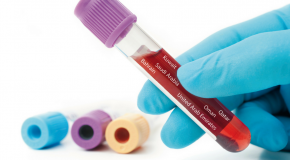Vast oil wealth in the Gulf has led to lifestyle changes which, in turn, have given rise to increased incidence of non-communicable diseases (NCDs). Healthy traditional diets have been almost entirely replaced by a high-sugar, low-nutrient diet. Tobacco smoking has been taken up by men, women and children. An active lifestyle, which came naturally to the self-sufficient nomadic forebears of Gulf Arabs, has largely been replaced by desk-bound jobs. This has led to an evolution in the disease profile of the region from a preponderance of infectious diseases to chronic diseases spanning obesity, diabetes, heart disease and cancer.
The growing prevalence of these lifestyle-related diseases also has wider economicimplications. It is therefore essential that these health issues are diagnosed and tackled before they progress and become chronic if the region is to develop a well-educated, skilled and diversified workforce and thereby achieve its economic potential. To do this, healthcare systems in the region need to adapt to changes in the disease profile. This paper examines the current state of healthcare delivery in the Gulf Co-operation Council (GCC), with a focus on the diagnostic process, and identifies strategies for the way forward.





